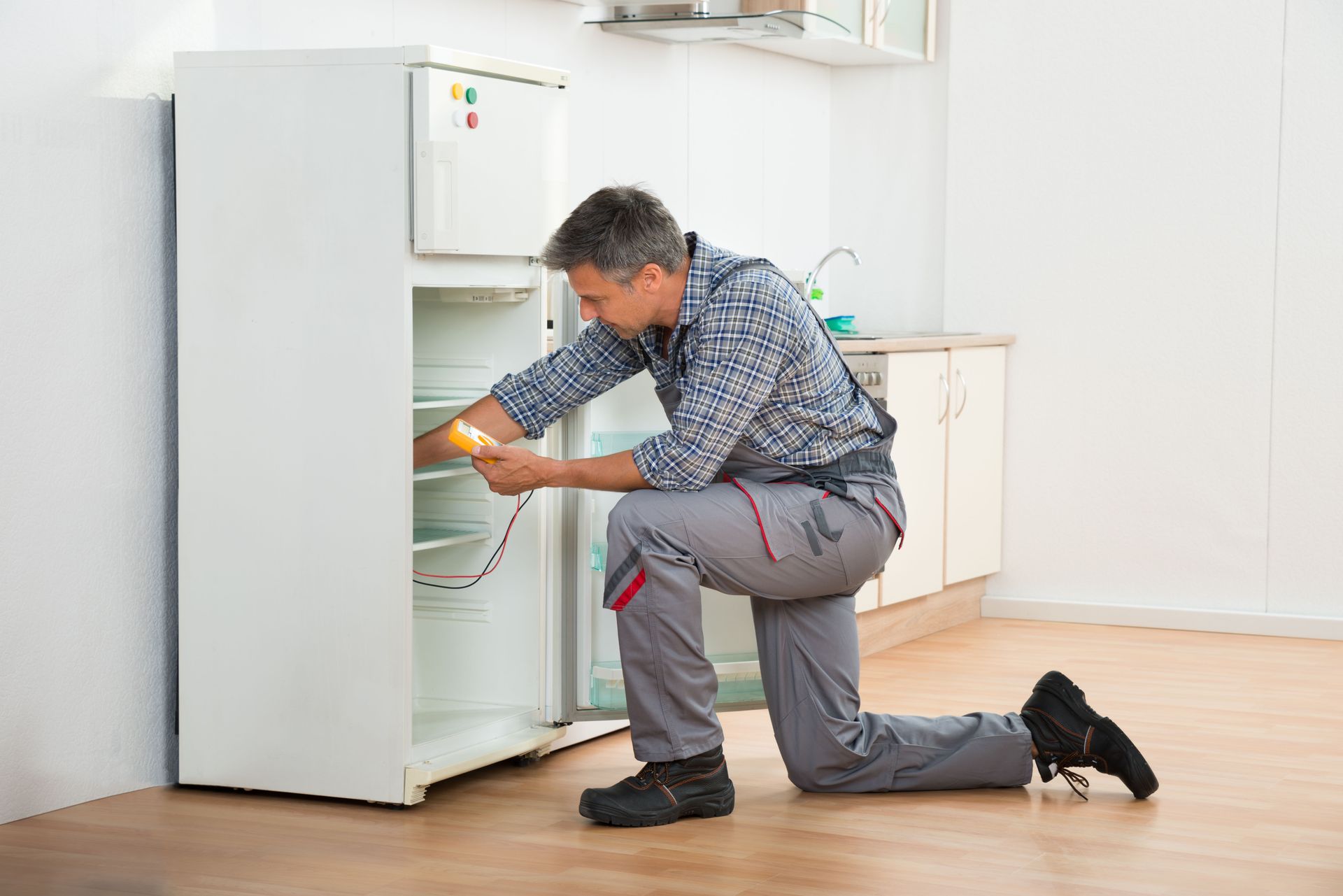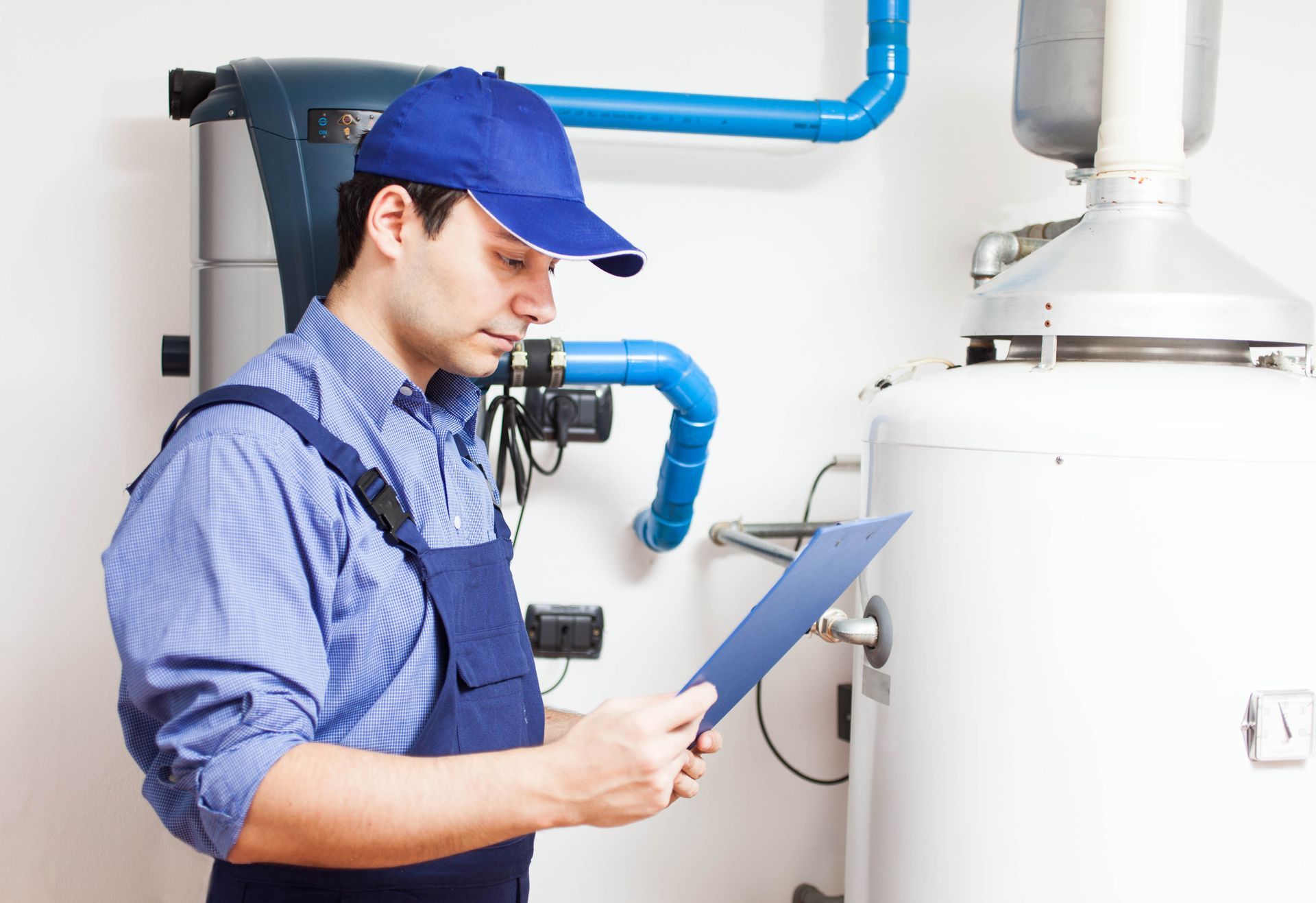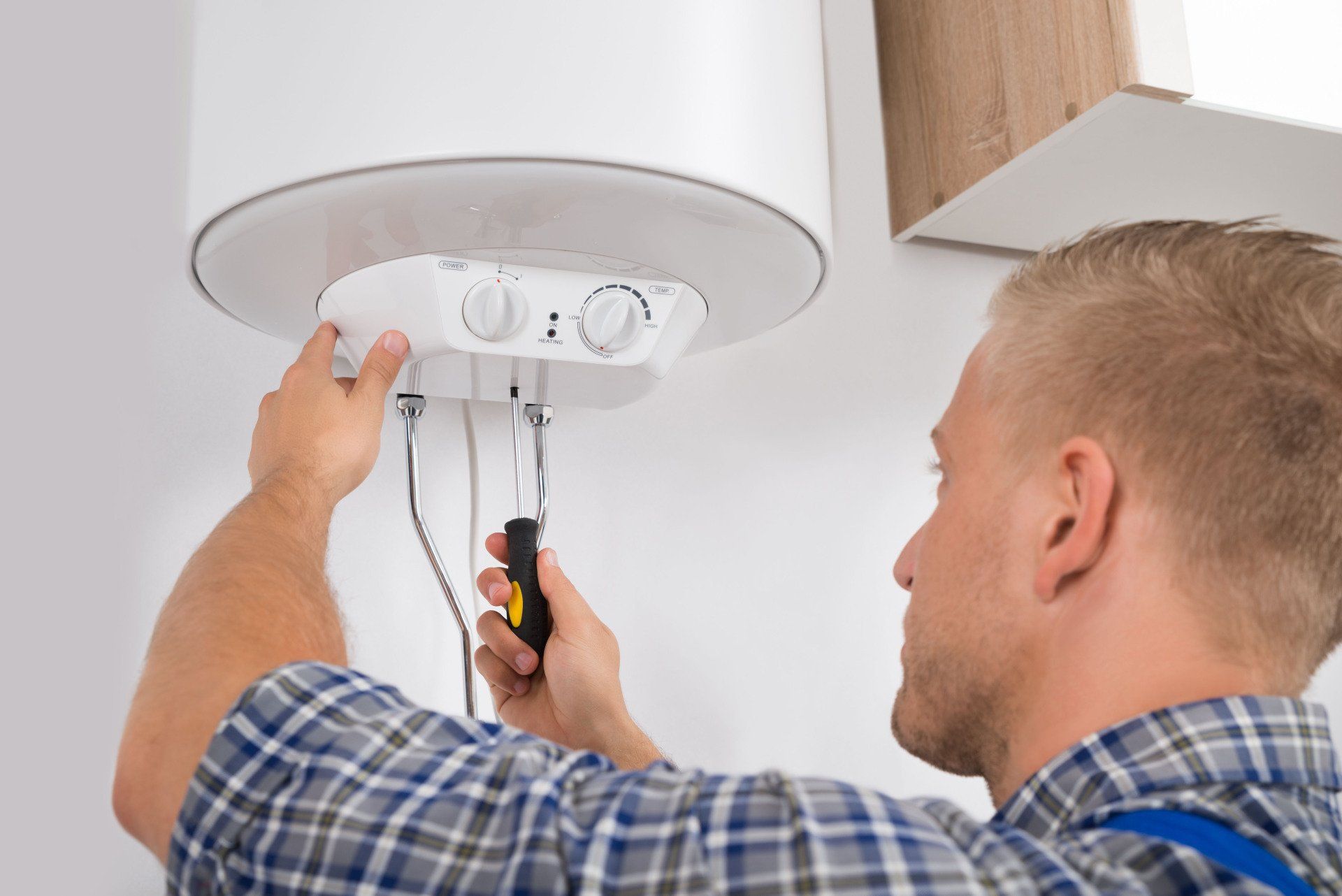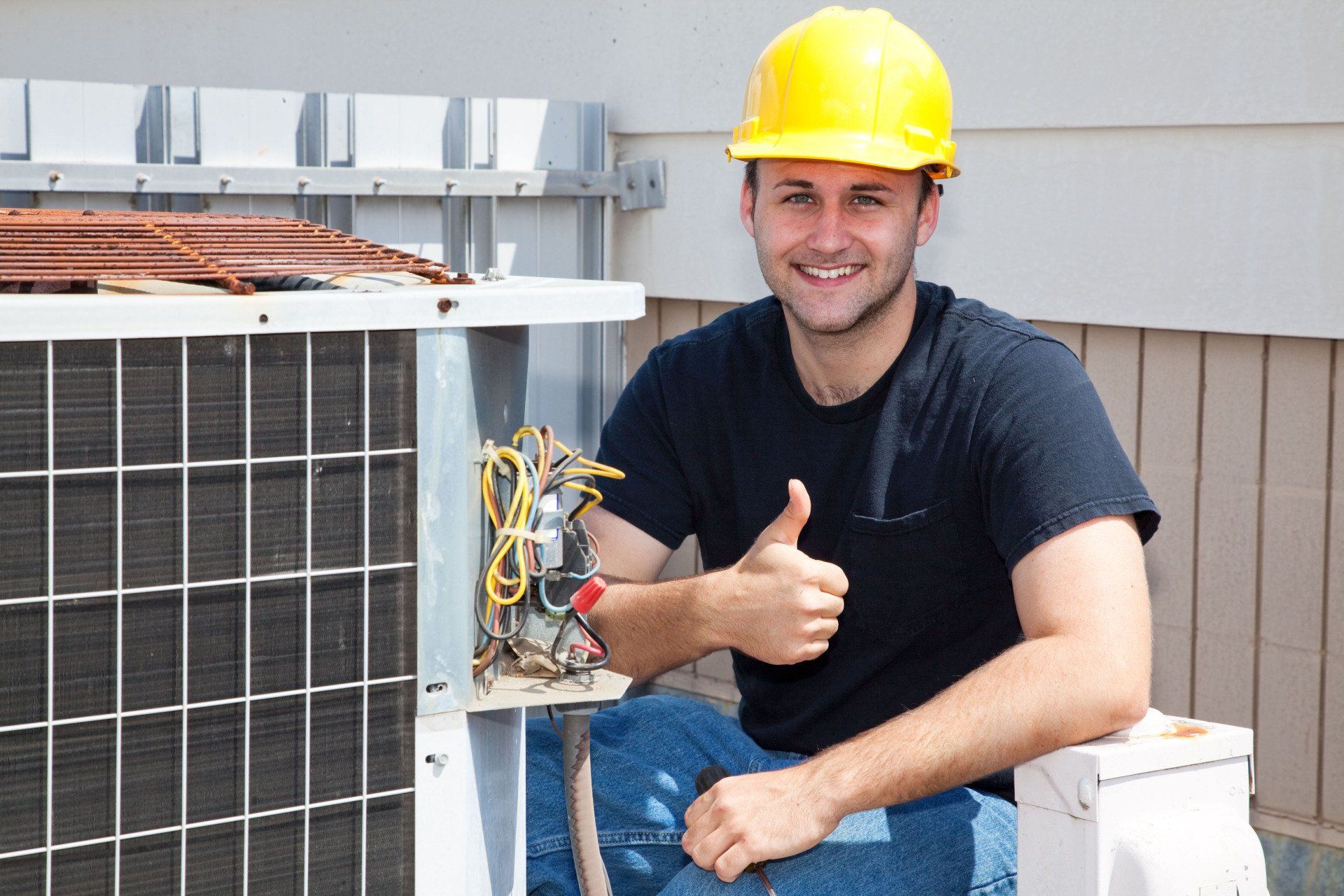How to Increase Indoor Air Quality in Your House
We spend a significant amount of our lives indoors, and the quality of the air we breathe inside our homes is crucial to our health and comfort. Poor indoor air quality (IAQ) can lead to a variety of issues, from minor irritations like dry eyes and headaches to more significant respiratory problems. Fortunately, there are many effective strategies homeowners can employ to improve the air quality within their living spaces, ensuring a healthier environment for everyone. This comprehensive guide will walk you through ten actionable steps you can take to make a substantial difference in the air you and your family breathe every day.
Regularly Maintain Your HVAC System
The heating, ventilation, and air conditioning (HVAC) system is the core component responsible for managing the air circulation and temperature within your house. Ensuring this system is running efficiently is the foundation of good IAQ. Neglected HVAC units can harbor dust, mold, and other contaminants that are then circulated throughout your home. Scheduling routine maintenance checks with experienced HVAC companies is a vital step. These professionals can clean the coils, inspect the ductwork, and verify that all components are operating correctly. A well-maintained system not only improves air quality but also runs more efficiently, potentially saving you money on utility bills.
Upgrade Your Air Filtration
The filter in your HVAC system is the first line of defense against airborne particles. Most standard filters capture only the largest contaminants. To truly enhance your IAQ, consider upgrading to a high-efficiency particulate air (HEPA) filter or a filter with a high Minimum Efficiency Reporting Value (MERV) rating, such as MERV 13 or higher, if your system can accommodate it. These filters are much more effective at trapping small particles like pollen, pet dander, and mold spores. Consult with HVAC companies to determine the appropriate filter rating for your specific unit to ensure maximum filtration without damaging the system. Replacing these filters every one to three months, or as recommended by the manufacturer or HVAC companies, is a non-negotiable step.
Control Indoor Humidity Levels
Humidity plays a large role in IAQ. Too much humidity creates an ideal environment for mold, mildew, and dust mites to thrive, all of which are common indoor allergens and pollutants. Conversely, air that is too dry can irritate the sinuses and skin. Maintaining a relative humidity level between 30% and 50% is generally recommended. If you notice persistent humidity issues, installing a whole-house dehumidifier or humidifier that integrates with your HVAC system can provide consistent control. When considering this option, seeking advice from reputable HVAC companies can help you select and install the appropriate equipment for your home's size and climate.
Invest in Professional Duct Cleaning
Over the years, the ductwork that carries conditioned air throughout your home can accumulate significant amounts of dust, dirt, debris, and even pest droppings. Every time your HVAC system turns on, some of these contaminants are pushed into your living space. Professional duct cleaning is a thorough process that removes this buildup. While not required annually, scheduling this service periodically can lead to a noticeable improvement in IAQ, particularly if you've recently moved into an older home or completed major renovations. Qualified HVAC companies often include this as part of their comprehensive services, using powerful vacuums and brushes to clean the entire system effectively.
Monitor and Mitigate Carbon Monoxide and Radon
Invisible and odorless gases pose a serious threat to IAQ and safety. Carbon monoxide (CO) is produced by combustion appliances like furnaces, water heaters, and fireplaces. Installing CO detectors on every level of your home is critical. Radon is a naturally occurring radioactive gas that can seep into your home from the ground and is a leading cause of lung cancer among non-smokers. Testing for radon is straightforward, and mitigation systems, if needed, are highly effective. While HVAC companies primarily deal with climate control, they can often recommend trusted professionals for radon testing and mitigation or integrate the mitigation system with your home's existing structure.
Control Dust and Particulate Sources
While mechanical systems handle air filtration, minimizing the sources of pollutants is equally important. Regular cleaning, including vacuuming with a vacuum equipped with a HEPA filter, damp-mopping, and dusting with microfiber cloths, removes particles before they become airborne. Pay attention to fabrics, carpeting, and upholstery, as these materials trap particles easily. If you have forced-air heating, ensure that all return air vents are kept clear of obstructions to facilitate proper airflow back to the air handling unit. For advice on system airflow optimization, professional HVAC companies are the go-to experts.
Address Mold and Moisture Issues Immediately
Mold growth is a major contributor to poor IAQ, often triggering allergic reactions and asthma symptoms. The key to preventing mold is managing moisture. Promptly fix any leaks, whether from pipes, the roof, or the foundation, and clean up any standing water within 24 to 48 hours. For large areas of mold, professional remediation is necessary. Understanding that indoor air quality is a global health concern provides perspective on the severity of the issue at home: According to the World Health Organization, indoor air pollution is responsible for approximately 3.2 million deaths annually worldwide, including over 237,000 deaths of children under the age of five. By taking aggressive steps to control moisture, you eliminate the conditions that allow this dangerous pollutant to thrive. For severe structural moisture issues that affect air circulation, the expertise of HVAC companies may be needed to ensure related ductwork or air handling units are also addressed.
Choose Low-Emission Products
Many household items release volatile organic compounds (VOCs) into the air. These include paints, varnishes, cleaning supplies, air fresheners, and even new furniture and carpeting. When purchasing these items, look for products labeled "low-VOC" or "no-VOC" to reduce the chemical off-gassing in your home. Allowing new materials to air out in a well-ventilated area before bringing them inside can also help. A continuous exchange of air, which can be facilitated by your HVAC system, helps purge these chemicals. Maintaining a properly functioning ventilation system is where certified HVAC companies can provide assistance.
Consider Professional Air Purification Systems
While filters and ventilation are essential, some homeowners benefit from an additional layer of air purification to target specific contaminants like odors, chemicals, and microbial growth. Whole-house air purifiers can be integrated directly into your existing HVAC system, treating all the air that circulates through your house. There are various technologies available, including UV-C lights to target biological contaminants and electronic air cleaners. Discussing your specific IAQ concerns with experienced HVAC companies is the approach to ensure you select a technology that effectively complements your existing setup and is installed correctly by HVAC companies.
Improving the indoor air quality in your house is a continuous process, not a one-time fix. It involves a combination of consistent maintenance, strategic upgrades, and mindful home habits. By focusing on maintaining your HVAC system, upgrading your filtration, controlling humidity, and managing pollutant sources, you can create a much healthier and more comfortable living environment. Taking these proactive steps will not only protect your family's health but also safeguard the structural integrity of your home and the longevity of your mechanical systems. Investing in the health of your home's air is one of the most important investments you can make in your overall well-being. Ready to keep your home's air safe? Call us at New England Heating & Air Conditioning for more information.





Share On: